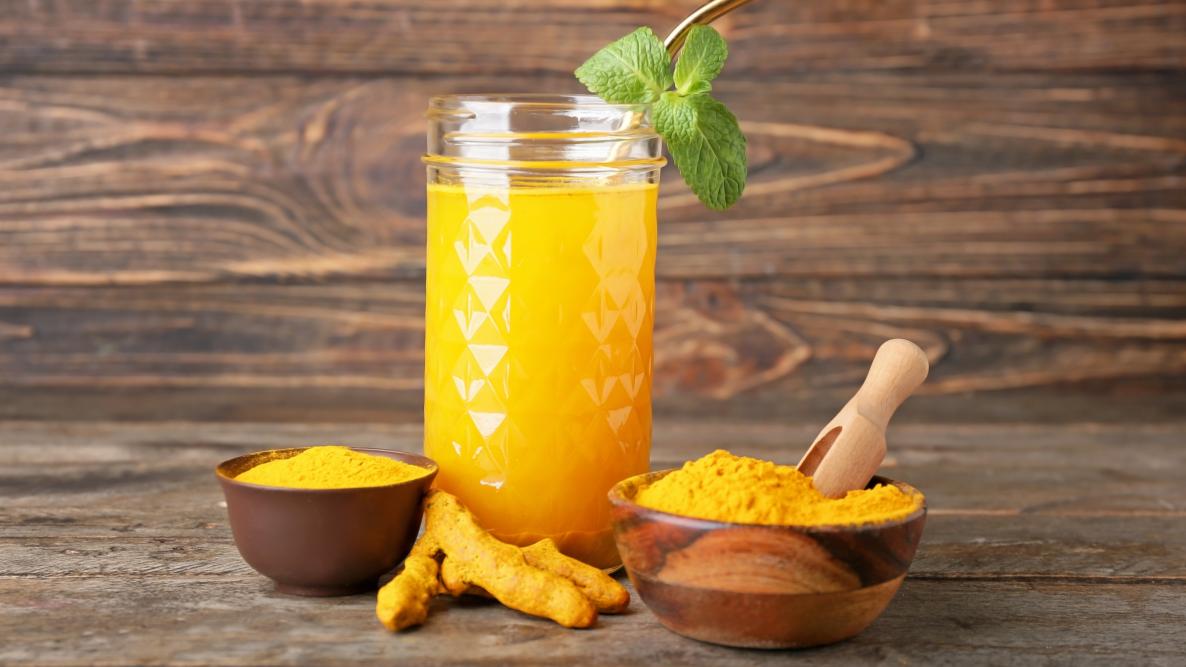In the realm of natural remedies, few spices have garnered as much attention for their healing properties as turmeric. Renowned for its vibrant color and distinct flavor, turmeric has been used for centuries in traditional medicine systems like Ayurveda and traditional Chinese medicine. Some popular medicines like Pain O Soma 500 mg Tablets can also provide you relief but if at that time you don’t have Pain O Soma you can use turmeric for temporary relief. However, its medicinal benefits extend far beyond culinary use. In this blog post, we’ll delve into how turmeric can be a potent remedy for muscular pain and strain.
Understanding Turmeric:
Turmeric, scientifically known as Curcuma longa, is a member of the ginger family and is native to Southeast Asia. The active compound responsible for most of its therapeutic properties is curcumin. Curcumin is a powerful anti-inflammatory, antioxidant, and analgesic agent, making turmeric a valuable natural remedy for various ailments.
Turmeric for Muscular Pain Relief:
Muscular pain can arise from various factors such as overexertion, injury, inflammation, or underlying health conditions like arthritis. The anti-inflammatory properties of curcumin make turmeric an effective treatment for reducing muscular inflammation and associated pain.
Several studies have demonstrated the efficacy of turmeric in alleviating muscular pain. In a randomized controlled trial published in the Journal of Medicinal Food, researchers found that curcumin supplementation significantly reduced muscle soreness and improved muscle recovery after intense exercise. Medicationplace also provides information about pain relief processes and medications.
Moreover, turmeric’s ability to inhibit inflammatory molecules, such as cytokines and enzymes like cyclooxygenase-2 (COX-2), contributes to its pain-relieving effects. By suppressing inflammation, turmeric helps to reduce swelling and pain associated with muscular injuries and strains.
Turmeric for Muscle Strain Recovery:
Muscle strains occur when muscle fibers are stretched or torn due to overuse or sudden movements. Turmeric’s anti-inflammatory and antioxidant properties can aid in the healing process by reducing inflammation, and oxidative stress, and promoting tissue repair.
Studies have shown that curcumin accelerates muscle repair by modulating various cellular pathways involved in tissue regeneration. Additionally, its antioxidant activity scavenges free radicals, which can cause further damage to muscles and delay recovery.
Incorporating Turmeric into Your Routine:
There are several ways to incorporate turmeric into your daily routine to reap its muscular pain-relieving benefits:
Turmeric Supplements: Curcumin supplements are available in capsule or tablet form. When choosing a supplement, look for products with a high concentration of curcumin and combined with black pepper extract (piperine) to enhance absorption.
Turmeric Tea: Brewing turmeric tea is a simple and delicious way to enjoy its medicinal properties. Simply simmer fresh turmeric slices or turmeric powder in water, add a dash of black pepper and honey for flavor, and enjoy a soothing cup of tea.
Turmeric Golden Milk: Golden milk, also known as turmeric latte, combines turmeric with warm milk and spices like cinnamon and ginger. This creamy beverage is not only comforting but also provides a dose of curcumin for pain relief.
Turmeric Poultice: For localized pain relief, you can create turmeric poultice by mixing turmeric powder with water to form a paste. Apply the paste directly to the affected area, cover it with a cloth, and leave it on for 15-20 minutes before rinsing off.
Culinary Uses: Turmeric adds both flavor and health benefits to various culinary dishes. Sprinkle turmeric powder on roasted vegetables, soups, stews, or rice dishes to incorporate it into your meals.
Precautions and Considerations:
While turmeric is generally safe for most people when consumed in moderate amounts, it may interact with certain medications or cause allergic reactions in some individuals. It’s advisable to consult with a healthcare professional before using turmeric supplements, especially if you have underlying health conditions or are taking medications.
Conclusion:
Turmeric’s potent anti-inflammatory and analgesic properties make it a valuable natural remedy for relieving muscular pain and strain. Whether consumed as a supplement, brewed into tea, or applied topically, turmeric offers a holistic approach to managing muscle discomfort. By incorporating turmeric into your daily routine, you can harness the power of this golden spice to promote muscle health and overall well-being.

